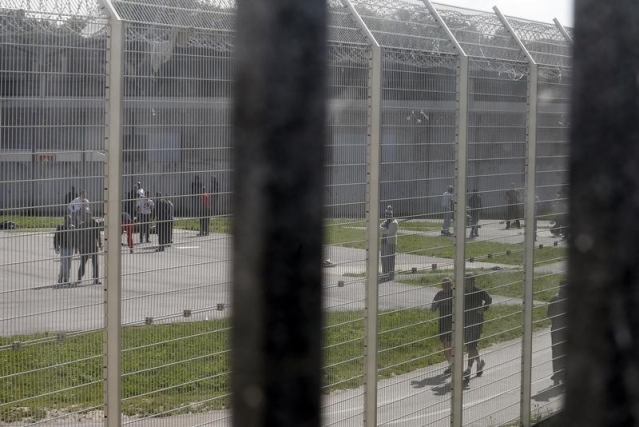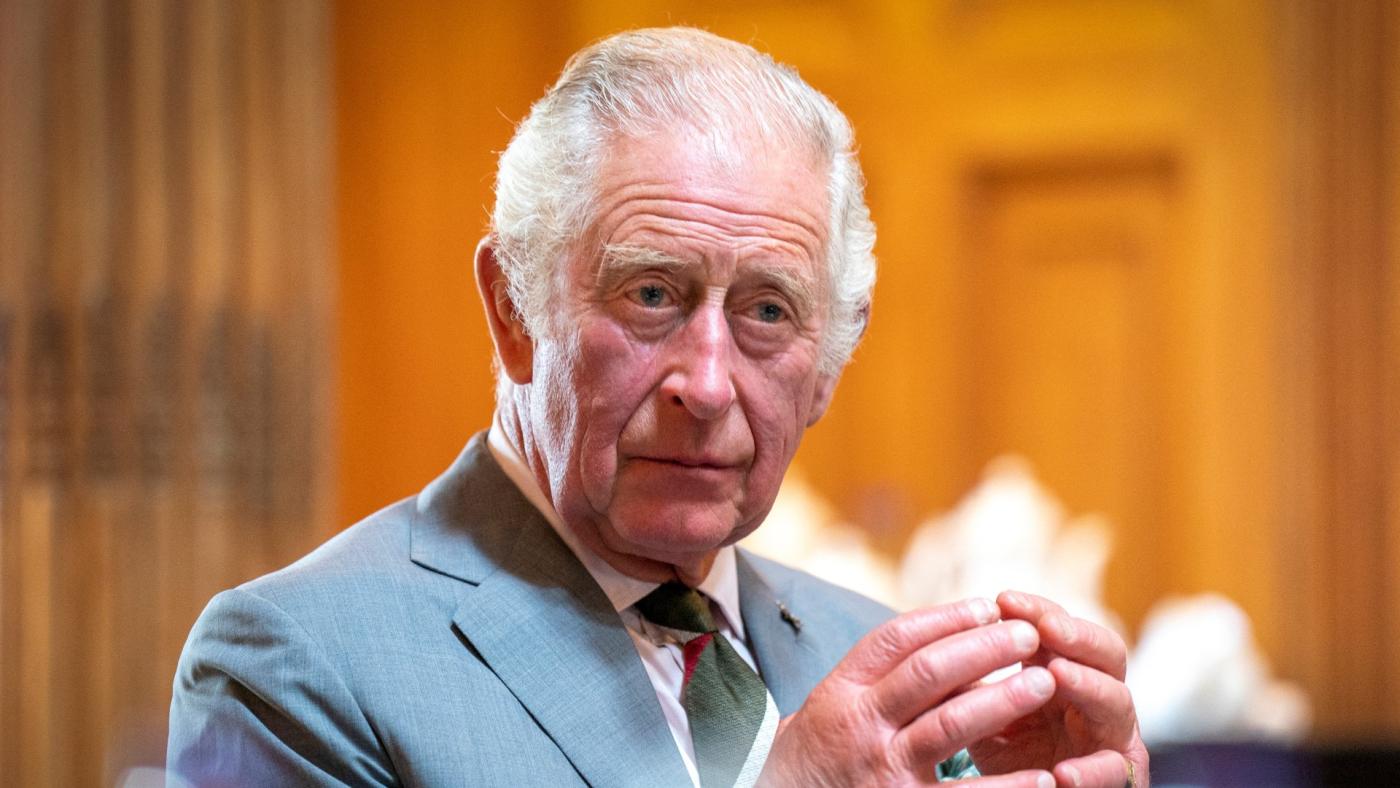Model project on prevention
The Ministry of Justice in the state of Hesse has ended its cooperation with an Imam working as a prison chaplain at a correctional facility in the city of Darmstadt. Authorities reacted to advice given by the German domestic intelligence agency (the Office for the Protection of the Constitution, Bundesamt für Verfassungsschutz): the agency had classified Imam Abdassamad El-Yazidi as a security risk.
Starting point for this assessment had been El-Yazidi’s association with the organisation Deutsch-Islamischer Vereinsverband Rhein-Main (German-Islamic Associational Union, DIV), deemed since August 2016 to be ‘under extremist influence’ and consequently placed on a surveillance list. El-Yazidi had been the DIV’s chairman until three years ago; presently, he chairs the Hessian chapter of one of the country’s largest Muslim associations, the Zentralrat der Muslime in Deutschland (Central Council of Muslims in Germany, ZMD), of which the DIV is a member.1
Complex institutional landscape
This episode highlights the complex institutional landscape of Muslim representation in Germany, with the ZMD being an umbrella body composed of further umbrella organisations. The DIV, which is now in the spotlight, for instance, brings together 46 local associations. One of them, the Europäische Institut für Humanwissenschaften (European Institute for Human Sciences, EIHW), located in the Ostend neighbourhood of Frankfurt, now triggered the intervention by the Verfassungsschutz. The Institut is perceived to be part of a transnational Muslim Brotherhood network.2
Amidst this organisational diversity and fragmentation, El-Yazidi asserted, it was at times impossible for the mostly unpaid volunteers working in the ZMD to scrutinise all aspects of fellow players on the associational scene. At the same time, El-Yazidi also defended decisions to retain contacts with institutions deemed to be under extremist influence, on the grounds that only continued engagement would make it possible to prevent further radicalisation.3
Criticism from Catholic representatives
In an interview with the Frankfurter Allgemeine Zeitung newspaper, El-Yazidi noted that he had only received a call from the Hessian Ministry of Justice informing him that he had to end his work as a prison chaplain without being given more concrete information about the suspicions directed against him.4
Joachim Valentin, responsible for Christian-Muslim understanding at the Catholic bishopric of Limburg and chairman of a Catholic cultural centre in Frankfurt, decried the measure as disrespectful and counter-productive. He criticised the Verfassungsschutz for “failing to differentiate between orthodox Islam, radicalism, extremism, and terror threats.” Blanket accusations and criminalisation would only serve to “drive meritorious Muslims into inner exile.”5
The ZMD itself reacted with a press release deeming the exclusion of its representative from prevention programmes against radicalisation “incomprehensible”, stressing that so far Hessian authorities and participants had appreciated the collaboration and its effects.6
Signs of strain between state and Muslim associations
The affair surrounding chaplain El-Yazidi is only the latest episode in a gradual worsening of the relationship between German authorities and the country’s Muslim associations. In recent months, much of the political discussion has centred on DITIB and the influence of the Erdogan government over this association and its mosques.7
Yet it is questions of foreign financing and control more generally have taken centre stage, amidst a renewed debate about the (lack of) loyalty Muslim citizens exhibit vis-à-vis the German state.8. This prompted the ZMD in its reaction to the El-Yazidi affair to stress its determination to “reject any influencing from abroad, no matter from which country.”9 Yet recent developments surrounding the EIHW have rekindled voices accusing the ZMD itself to be an apologist of the Muslim Brotherhood.10
Sources
http://www.faz.net/aktuell/rhein-main/so-treibt-man-verdienstvolle-muslime-ins-innere-exil-14478785.html?printPagedArticle=true#pageIndex_2 ↩
http://www.faz.net/aktuell/rhein-main/so-treibt-man-verdienstvolle-muslime-ins-innere-exil-14478785.html?printPagedArticle=true#pageIndex_2 ↩
http://www.faz.net/aktuell/rhein-main/so-treibt-man-verdienstvolle-muslime-ins-innere-exil-14478785.html?printPagedArticle=true#pageIndex_2 ↩
http://www.faz.net/aktuell/rhein-main/so-treibt-man-verdienstvolle-muslime-ins-innere-exil-14478785.html?printPagedArticle=true#pageIndex_2 ↩
http://www.faz.net/aktuell/rhein-main/so-treibt-man-verdienstvolle-muslime-ins-innere-exil-14478785.html?printPagedArticle=true#pageIndex_2 ↩
https://www.euro-islam.info/2016/10/17/freiburg-declaration-secular-muslims-starkly-reveals-fault-lines-among-german-muslim-associations/ ↩
https://www.euro-islam.info/2016/10/17/old-question-loyalty-german-turks-relationship-erdogan/ ↩
http://www.allgemeine-zeitung.de/politik/hessen/im-schatten-der-muslimbrueder_17372765.htm ↩






